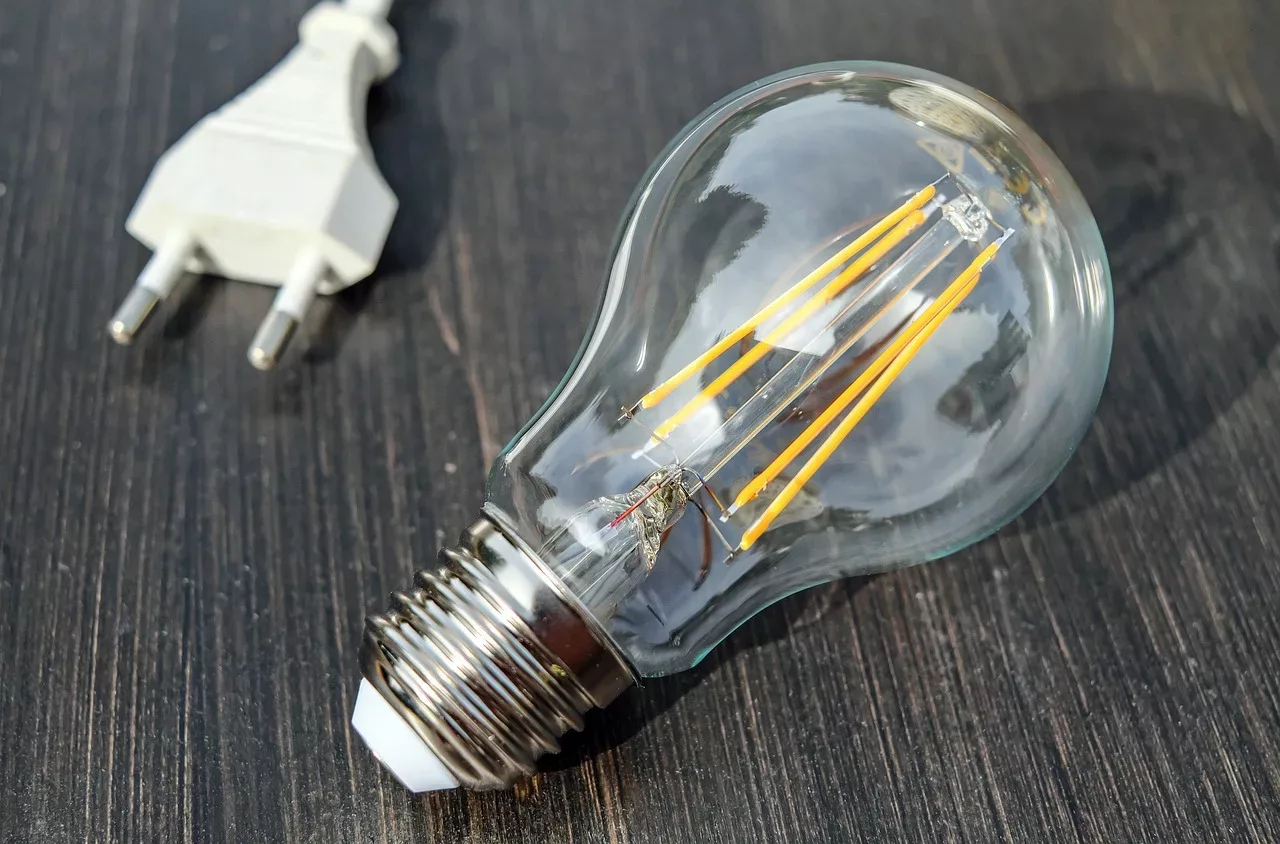Home energy storage systems are innovative solutions that allow homeowners to store excess electricity generated from renewable sources, such as solar panels, for later use. These systems enhance energy efficiency, provide backup power during outages, and significantly reduce electricity costs, making them a valuable investment for sustainable living.
What is a home energy storage system?
A home energy storage system (HESS) is designed to capture and store surplus electricity produced by renewable energy sources or the grid during low-demand periods. Typically consisting of batteries, inverters, and monitoring systems, HESS enables homeowners to utilize stored energy when needed, thereby optimizing energy consumption and enhancing self-sufficiency.
Chart: Components of a Home Energy Storage System
| Component | Function |
|---|---|
| Battery | Stores excess electricity |
| Inverter | Converts DC to AC for household use |
| Monitoring System | Tracks energy production and consumption |
How do home energy storage systems operate?
Home energy storage systems work by converting electricity generated from sources like solar panels into usable power. The process begins with solar panels producing direct current (DC) electricity, which is then converted into alternating current (AC) by an inverter for household use. Surplus electricity is stored in batteries for later use, ensuring that homeowners have access to power even when generation is low.
Chart: Energy Flow in a Home Energy Storage System
| Step | Description |
|---|---|
| 1. Generation | Solar panels produce DC electricity |
| 2. Conversion | Inverter converts DC to AC |
| 3. Storage | Excess AC power is stored in batteries |
| 4. Usage | Stored power is available for household appliances |
What are the advantages of using home energy storage?
The benefits of implementing a home energy storage system include:
- Energy Independence: Homeowners can store renewable energy, reducing reliance on the grid.
- Backup Power: Provides essential electricity during outages.
- Cost Savings: Reduces electricity bills by utilizing stored energy during peak pricing periods.
- Environmental Impact: Promotes the use of clean energy sources, decreasing carbon footprints.
What types of home energy storage solutions exist?
There are several types of home energy storage systems available:
- Lithium-ion Batteries: Highly efficient with long lifespans and deep discharge capabilities; ideal for most residential applications.
- Lead-Acid Batteries: More affordable but with shorter lifespans and lower efficiency compared to lithium-ion.
- Flow Batteries: Suitable for larger applications; they store energy in liquid form and can be scaled easily.
- Hybrid Systems: Combine renewable generation with battery storage while maintaining grid connectivity for added reliability.
Chart: Comparison of Battery Types
| Battery Type | Efficiency (%) | Lifespan (Cycles) | Cost (per kWh) |
|---|---|---|---|
| Lithium-ion | 90-95 | 2000+ | $300-$700 |
| Lead-Acid | 70-80 | 500-1000 | $150-$300 |
| Flow | 70-80 | 5000+ | $400-$800 |
How can homeowners maximize savings with energy storage?
Homeowners can maximize savings by strategically using their stored energy during peak pricing hours when electricity costs are highest. Additionally, participating in net metering programs allows homeowners to sell excess power back to the grid, further offsetting costs. Regularly monitoring usage patterns through smart technology can also help optimize consumption.
Why should homeowners invest in battery storage systems?
Investing in battery storage systems offers significant long-term benefits, including reduced utility bills, increased property value, and enhanced resilience against power outages and fluctuating energy prices. As renewable energy adoption grows, these systems will play a crucial role in creating sustainable homes and communities.
Latest News
The home energy storage market continues to expand as technology advances and consumer interest grows. Recent reports indicate a surge in demand for lithium-ion batteries due to their efficiency and longevity. Additionally, government incentives are encouraging more homeowners to invest in solar-plus-storage solutions, promoting greater adoption of renewable technologies across residential sectors.
Editor Comment
“Home energy storage systems represent a transformative shift in how we approach residential power consumption. By harnessing renewable resources effectively, homeowners not only save on costs but also contribute significantly to environmental sustainability.”
FAQ Section
Q1: What is the average cost of installing a home energy storage system?
A1: The cost varies widely based on the system size and type but typically ranges from $5,000 to $15,000 before incentives.Q2: How long do home batteries last?
A2: Most lithium-ion batteries last between 10 to 15 years or around 2000 cycles before needing replacement.Q3: Can I install a home energy storage system myself?
A3: While some components may be DIY-friendly, professional installation is recommended for safety and compliance with local regulations.



